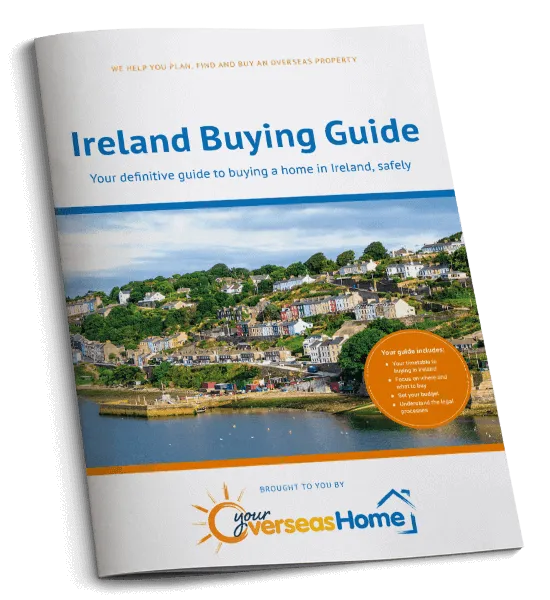The economic crash in 2008 hit Ireland hard. Based on an unsustainable property boom, it left Ireland needing a bailout. So it’s hardly surprising that global analysts take a close interest in Ireland’s booming property market today. This week, we look at an OECD report and a mortgage report to try and make some predictions.
Irish mortgage news
According to lending figures released by Banking and Payments Federation Ireland, the value of mortgages secured by homeowners in Ireland has increased by almost 20% year on year from 2016 to April 2017.
The OECD issued a warning that the rapidly rising price of Irish property might be an indicator the country is facing a new property bubble
The BPFI figures show that €685 million worth of mortgages were approved over the course of April 2017. This is an increase of almost a fifth on where it was in 2016. The figures also showed that more than half of all of these home loans were issued to first-time buyers. Over the course of April 2017 alone, first-time buyers secured €366 million in mortgages. Mover-purchasers accounted for 29% of all mortgages issued in the last year, and in April 2017 they secured €232 million in loans.
Despite the latest figures from the BPFI, the Irish Central Bank has released separate numbers showing that the mortgage loans drawn down in April 2017 fell by €105 million, following an increase of €127 million in March 2017. Analysts have said that the reason these figures are different is due to the shortage of housing. For example, banks are approving mortgage loans, but due to the shortage of available property, fewer people are actually drawing down on their mortgage right away.
Property boom on the Grand Canal, in Dublin. (anyaivanova / Shutterstock.com)
Property bubble?
This week, the OECD issued a warning that the rapidly rising price of Irish property might be an indicator the country is facing a new property bubble. The OECD highlighted two potential areas of concern: a credit bubble and a property bubble.
The most concern was expressed in regards to the potential credit bubble; understandably, given that when the credit bubble burst in 2008 the financial system of the country nearly collapsed, leading to Ireland being bailed out by the IMF and the EU, with help from a hefty bill to the taxpayer.
So is this credit bubble a real risk? Evidence has come via an analysis published by the Irish Central Bank last month. It found that the average loan-to-value mortgage for first time buyers between 2015 and 2016 was around 79%. This means that those purchasing were able to do so with a deposit of over 20%. In the same time period, first-time buyers had loans that were almost three times their income. This level of lending was far more conservative than during the boom and was largely due to stricter lending rules being introduced by the Central Bank in 2015. This suggests that although a bubble remains a risk, matters aren’t getting out of hand just yet, and that risk is being managed with specifically-designed initiatives.
Although a bubble remains a risk, matters aren’t getting out of hand just yet, and that risk is being managed with specifically-designed initiatives
Bubble or not, property prices are inflating rapidly. The Central Statistics Office released figures stating that the cost of buying a home in Ireland has increased by 10.5% over the past 12 months. Despite this, prices remain lower than they were at their peak in 2007.
We’ve seen the Irish government take steps to intervene in the market, with Finance Minister Michael Noonan introducing the Help-to-Buy scheme, giving buyers a €20,000 tax break which contributes towards the first-time-buyers’ deposit.
Although there is no hard evidence that a property bubble is imminent, by highlighting the fact it is a risk, the OECD data has served as a helpful reminder to the Irish government and to those hoping to buy in Ireland, that it could happen, and that the situation must continue to be closely monitored.

The Ireland Buying Guide takes you through each stage of the property buying process, with practical recommendations from our experts who have been through the process themselves. The guide will help you to:






